The traditional Chinese lunar calendar divides the year into 24 solar terms. Start of Winter, the 19th solar term of the year and the first solar term of winter, which means winter is coming and crops harvested in autumn should be stored up.
In ancient times, the Chinese people took the Start of Winter to be the beginning of the winter. In fact, the Start of Winter is not the beginning of winter in terms of meteorology. The climate every year is different, so the beginning of winter could be quite different. And with the vast territory of China, winter in every area doesn’t begin at the same time.

Welcoming the winter in ancient times
The four beginnings of the seasons were important festivals in ancient times. Before the Start of Winter, an ancient emperor would take a shower and eat no more meat. On that day, the emperor would lead his officials to the suburbs and perform the ceremony of "welcoming the winter."
Eating dumplings
A legend has it that at the end of the Eastern Han Dynasty (AD25-220), "Medical Saint" Zhang Zhongjing saved many people in Henan province from a typhoid epidemic and their ears from being frostbitten around Start of Winter.
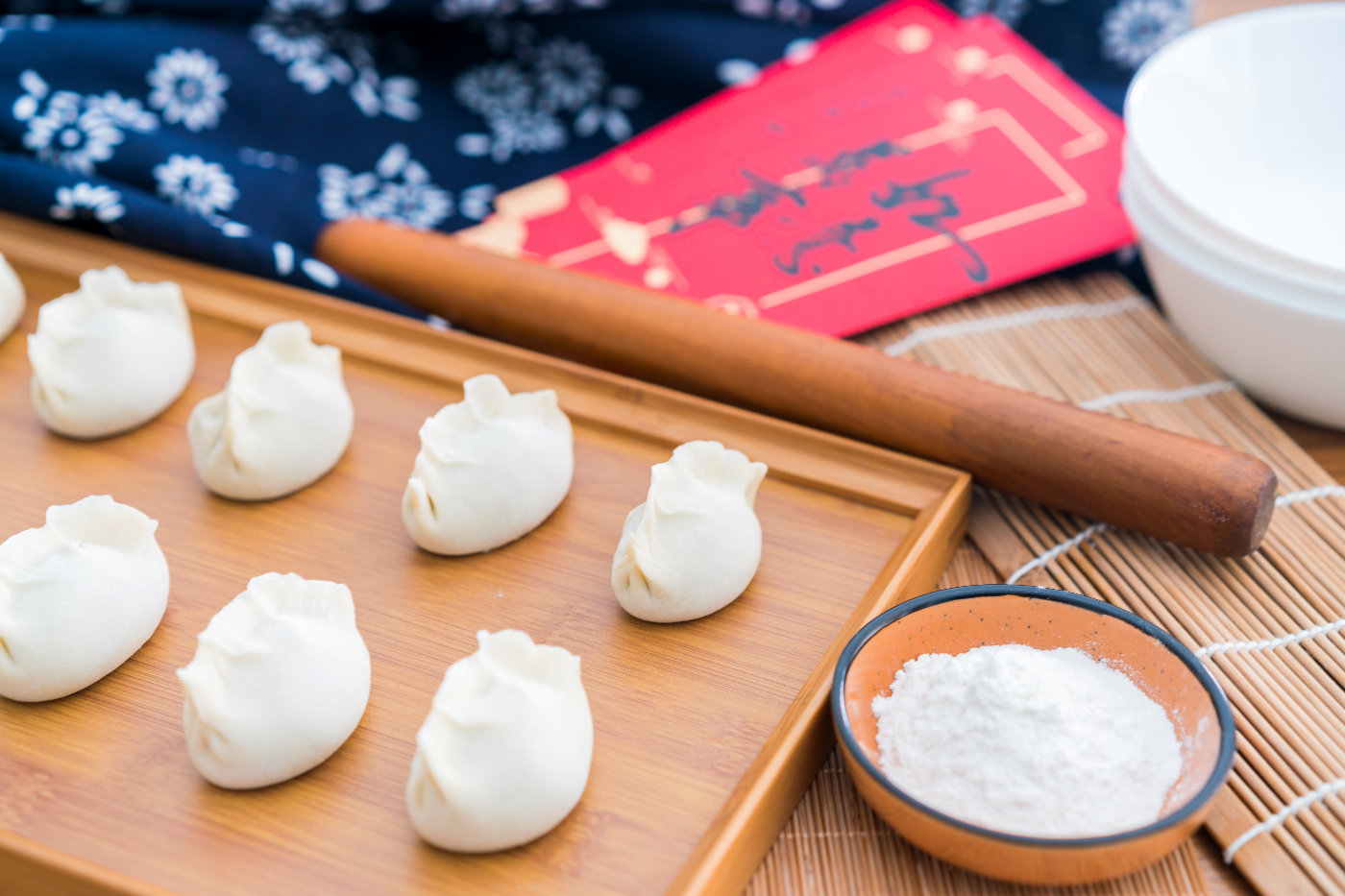
Yifan Festival of Mulam ethnic minority
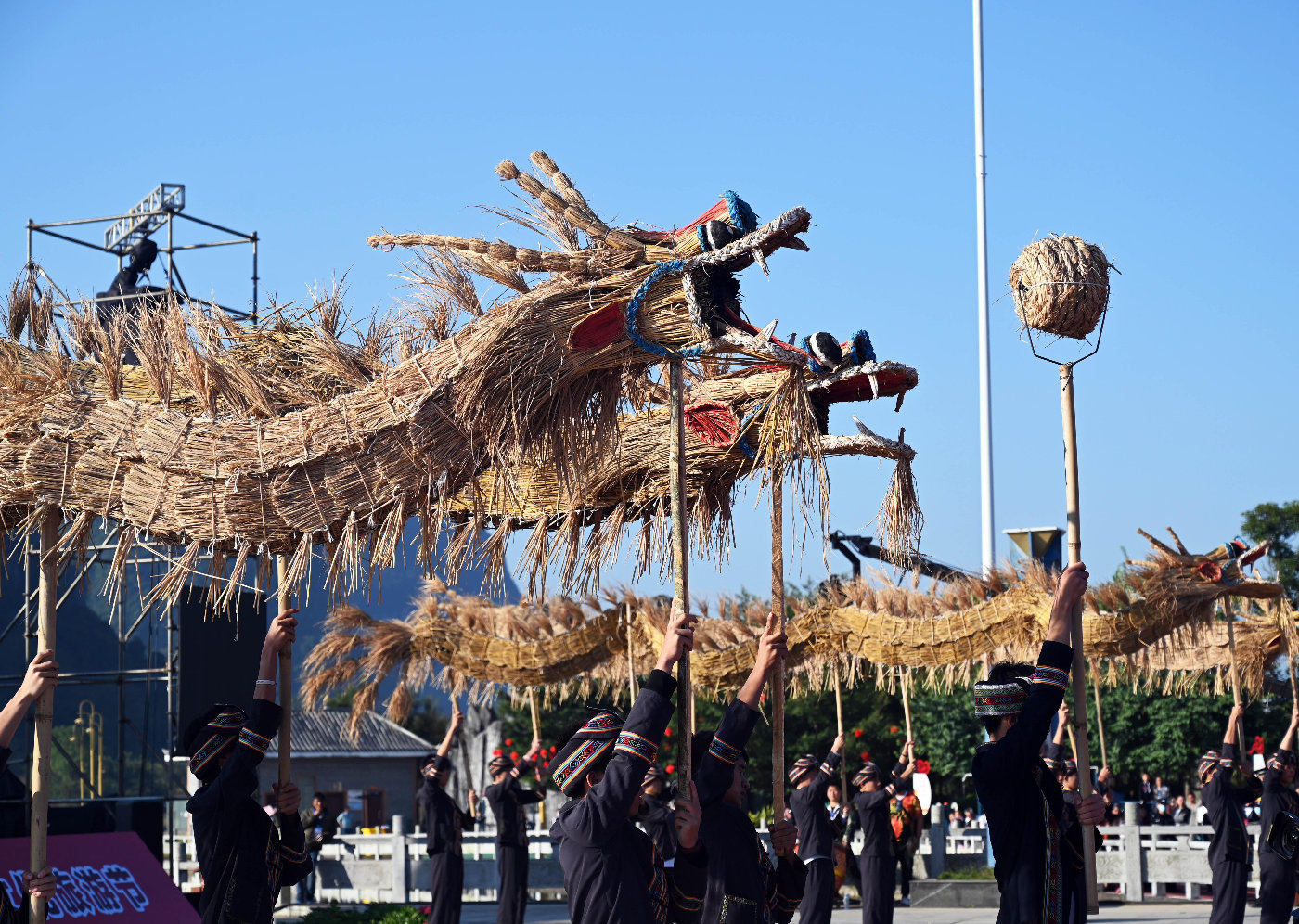
"Nourishing the winter"
On the first day of Start of Winter, there is a custom, "nourishing the winter", in Southeast China, in places such as Fujian, Guangdong and Taiwan provinces. To prepare for the coming of a cold winter, people there like to eat high-calorie foods, such as chicken, duck, beef, mutton, and fish, which are usually stewed with the four traditional Chinese medicines: angelica, ligusticum wallichii, Chinese herbaceous peony and rehmannia glutinosa libosch, to enhance the effectiveness of the nourishment.
In Tianjin, on the first day of Start of Winter, people eat dumplings stuffed with Chinese pumpkins (wogua). It is a common vegetable in North China. Generally, the pumpkins are bought in the summer and stored until the Start of Winter when they are taken out.
Eating tuanzi in Wuxi
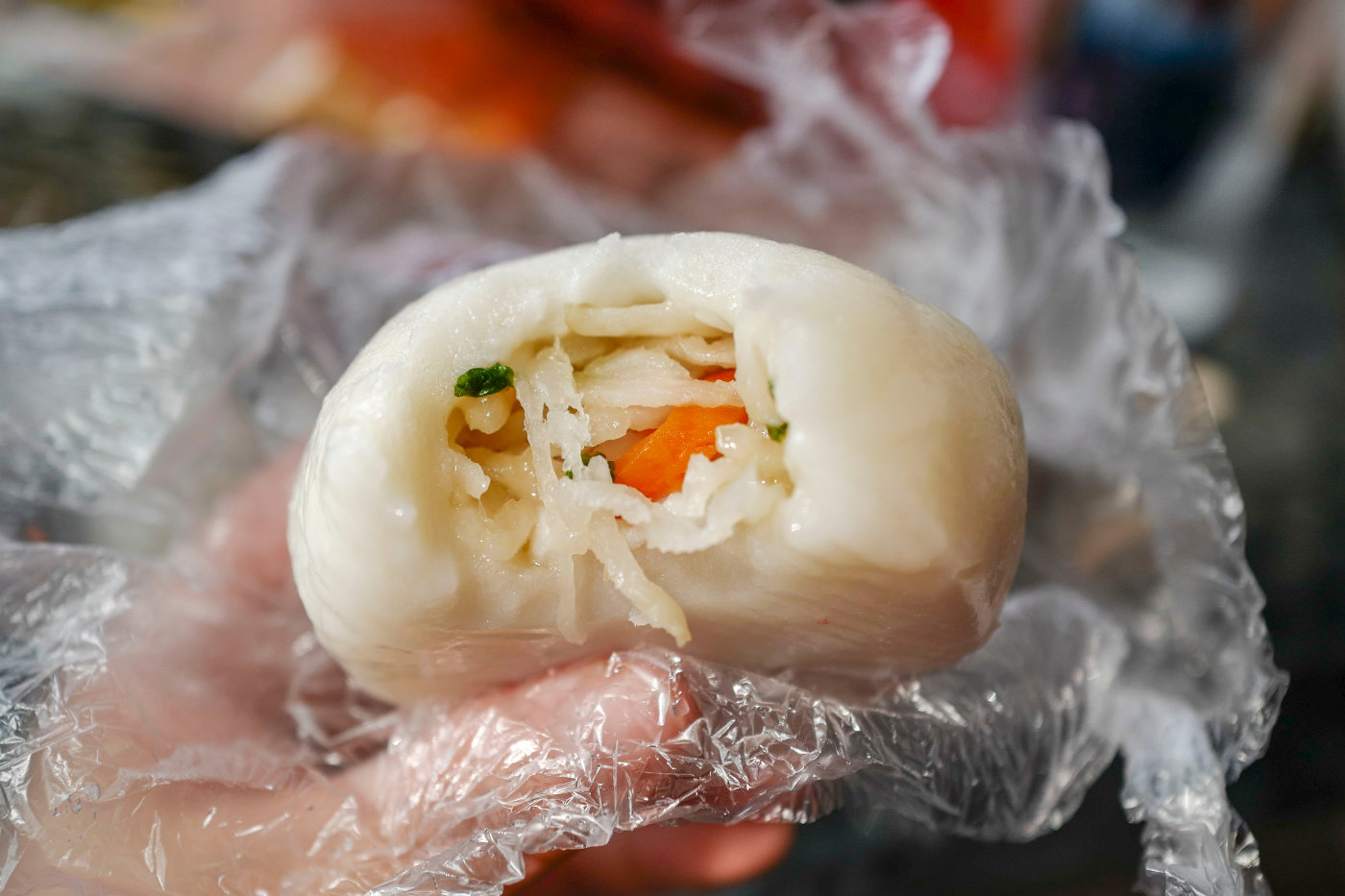
On the first day of Start of Winter, people in Wuxi have a custom of eating tuanzi, a kind of traditional Chinese food made with rice. At this time, the autumn grain crops have just been sold on the market, and the tuanzi made from the newly-harvested crops taste delicious. Most rural residents make tuanzi themselves, while urban residents buy ready-made tuanzi. The tuanzi stuffing can be sweet bean paste, radish or lard.
Offering sacrifices to ancestors
The Start of Winter, when the autumn crops have been placed in storage, was a time for festival among the people of the Manchu Eight Banners and Han Eight Banners in Benxi of Liaoning province. Incense was burned and sacrifices offered to ancestors. The Eight Banners (baqi) were administrative/military divisions during the Qing Dynasty (1644-1911).
Source: China Daily

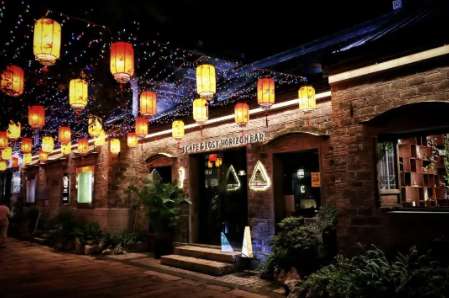

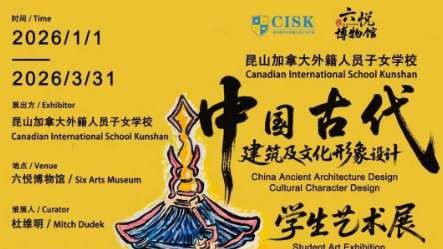




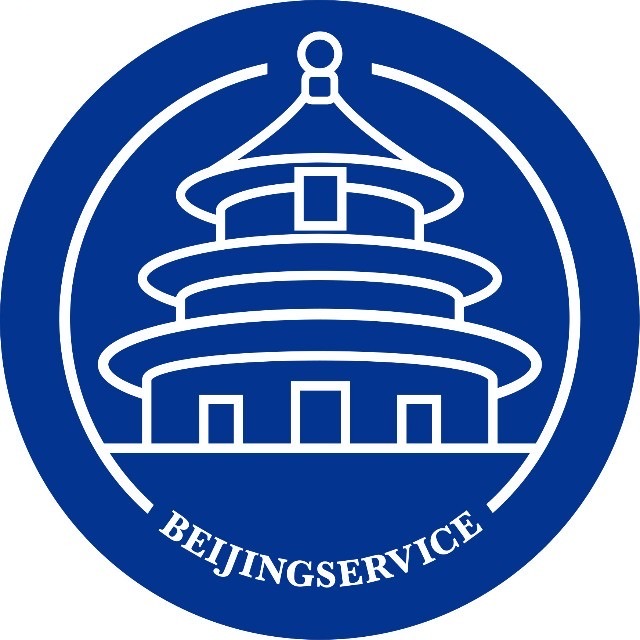






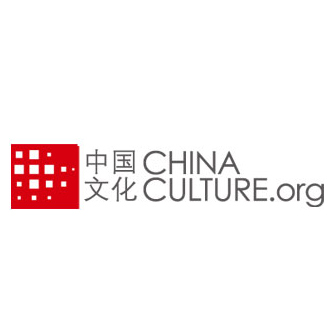
 京公网安备
京公网安备